
A recent series of initiatives from both the public and private sector suggest a shared goal of reducing errors and increasing patient safety in drug compounding.

A recent series of initiatives from both the public and private sector suggest a shared goal of reducing errors and increasing patient safety in drug compounding.

Pharmacists could soon face hefty fines for refusing to provide Plan B to women who request it.

Generic drug pricing and medical marijuana access among pharmacy-related legislation at the state level.

Acetaminophen overuse is a pervasive problem with potentially deadly outcomes.
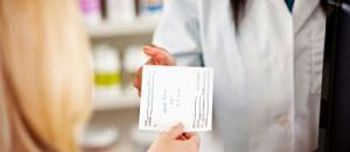
A series of recent bills at the state level are adding to an already busy year for pharmacy-related legislation.
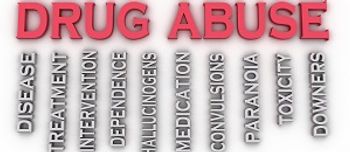
For the first time in 20 years, prescriptions for opioids are steadily declining.

Unnecessary or inappropriate use of medications is a costly and potentially deadly problem.

A whopping 45% of prescriptions for antidepressants are written for nondepressive reasons, recent research has revealed.

Several pieces of legislation heading to the White House highlight pharmacists as critical players in preventing and identifying opioid misuse and abuse.

The term women's health" shouldn't be limited to reproductive matters.

The abuse and misuse of prescription opioid analgesics have created one of the most serious and growing public heath epidemics in modern health care.
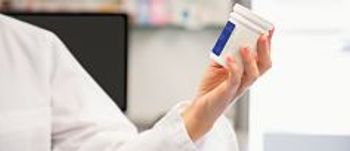
Health care providers are much more likely to select a generic drug when their electronic health record system displays generics by default.

An increasingly more seamless and accessible health information technology infrastructure is helping shift episodic and reactive health care to proactive and continuous health care.

Contraceptive Equity Act contains provisions aimed at expanding birth control access for women looking to prevent unwanted pregnancies.

Serious side effects associated with fluoroquinolones can outweigh the benefits for patients with conditions such as sinusitis and bronchitis.
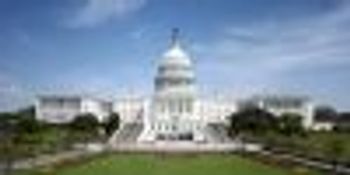
A new federal bill would compel the FDA to review contraceptive drug applications more quickly and make them available OTC.

A first-of-its-kind law in Maryland requires health insurers to completely cover the cost of emergency contraception.

The FDA approved 700 generic drugs in 2015, constituting a banner year in the agency's efforts to clear its generic backlog.
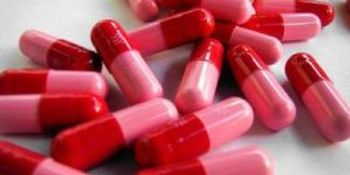
Serious side effects associated with fluoroquinolones generally outweigh the antibiotics' benefits for patients with uncomplicated infections like sinusitis and bronchitis, the FDA announced.
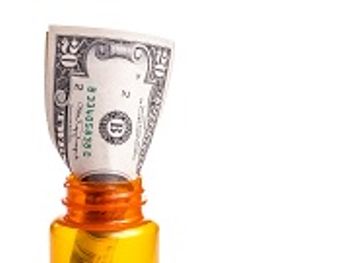
Certain drug classes account for the vast majority of overall excess prescription drug spending.
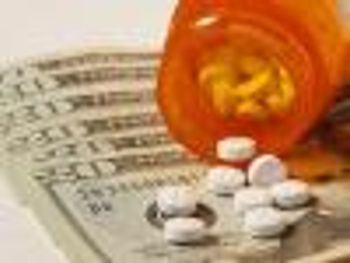
Pharmacists currently play a minimal role in therapeutic substitution.

Warnings include uncontrollable urges to gamble, binge eat, shop, and have sex associated with the use of the antipsychotic drug aripiprazole.

More than half of US states have passed price transparency laws to help patients and healthcare providers evaluate service costs.

Gaining provider status is a complex and multifaceted objective.

Patients prescribed and dispensed a brand-name drug instead of an equivalent generic version spent an estimated total of $24.6 billion in excess prescription drug costs between 2010 and 2012, a new study has uncovered.

Americans dropped off a record 447 tons of unwanted medications during the latest Drug Enforcement Administration National Prescription Drug Take-Back Day.
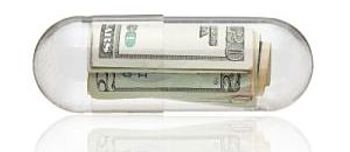
Even when patients are granted access to a health care services price transparency tool, they don't seem to reduce their spending habits.

New Jersey could become the next US state to permit pharmacists to provide birth control without a prescription.

US Representative Earl L. Buddy" Carter, the only pharmacist in Congress, recently penned a passionate op-ed in The Hill to make a case for pharmacist provider status.

Skyrocketing prescription drug prices sit squarely at the center of policy debates about the US health care system.